Dallas
214-456-5959
Fax: 214-456-5963
Plano
469-303-2400
Fax: 469-303-2407
Park Cities
469-488-7000
Fax: 469-488-7001
Turner syndrome (TS) is a genetic condition caused by complete or partial absence of one of the two X chromosomes. It is a rare condition, affecting approximately 1 out of every 2,500 female newborns.
214-456-5959
Fax: 214-456-5963
469-303-2400
Fax: 469-303-2407
469-488-7000
Fax: 469-488-7001
Turner syndrome occurs when all or part of one of the X chromosomes is lost at conception. The physical signs of TS can vary widely from patient to patient, so diagnosis sometimes occurs later in life. The most common features of TS are short stature and ovaries that do not work properly. Other physical features include eye problems and curvature of the spine (scoliosis).
This missing or incomplete chromosome prevents the female body from maturing naturally. Turner syndrome can cause a variety of medical and developmental problems, including short stature, failure to start puberty, infertility, and kidney and heart defects.
There are two types of Pediatric and Adolescent Turner Syndrome:
45, x – one X chromosome is missing
(i.e. 45x/46xx) – Patients may have milder to no physical stigmata, they may go through puberty normally, have menses, occasionally get pregnant, and may go through menopause prematurely
Prenatal diagnosis of Turner syndrome is sometimes possible. If your doctor notices certain features in your unborn daughter – like a large collection of fluid on the back of the neck or heart or kidney abnormalities – he or she will take a sample of your blood or amniotic fluid to evaluate the baby’s DNA present there (karyotype).
To confirm the diagnosis, your doctor may perform:
If your daughter is not diagnosed in the womb, but doctors suspect Turner syndrome at birth, during infancy, or at any time during childhood, they will order a blood test called a karyotype, which shows the number and visual appearance of the chromosomes.
Some cases of Turner syndrome are not diagnosed until late childhood or the early teen years when girls aren’t showing typical signs of puberty and growth.
TS is a rare genetic condition caused by partial or complete absence of one of the two X chromosomes.
There is no cure for TS, but there are medical interventions to help reduce symptoms.
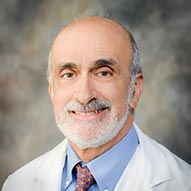


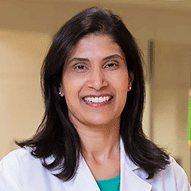
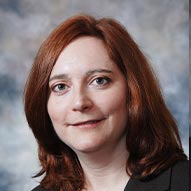
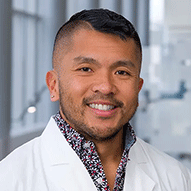
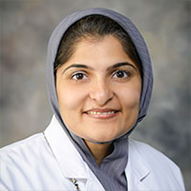
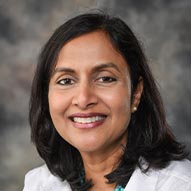
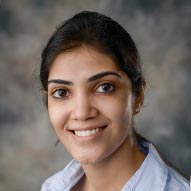
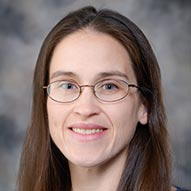
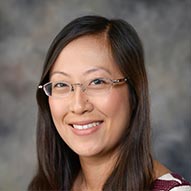

No. Girls and women with Turner syndrome can lead full and productive lives with proper medical monitoring of any associated conditions, like heart valve abnormalities.
Spontaneous pregnancy is rare in women with Turner syndrome, but there are available options for some women, such as in-vitro fertilization. Some girls and women are ‘mosaic’ and do not manifest as many of the typical features of the syndrome. In these instances, the chances of spontaneous pregnancy can be higher.
The Turner Syndrome Society of the United States provides educational materials, resources for families, and information about support groups. Contact this organization, or ask your doctor about local peer and parent support groups.